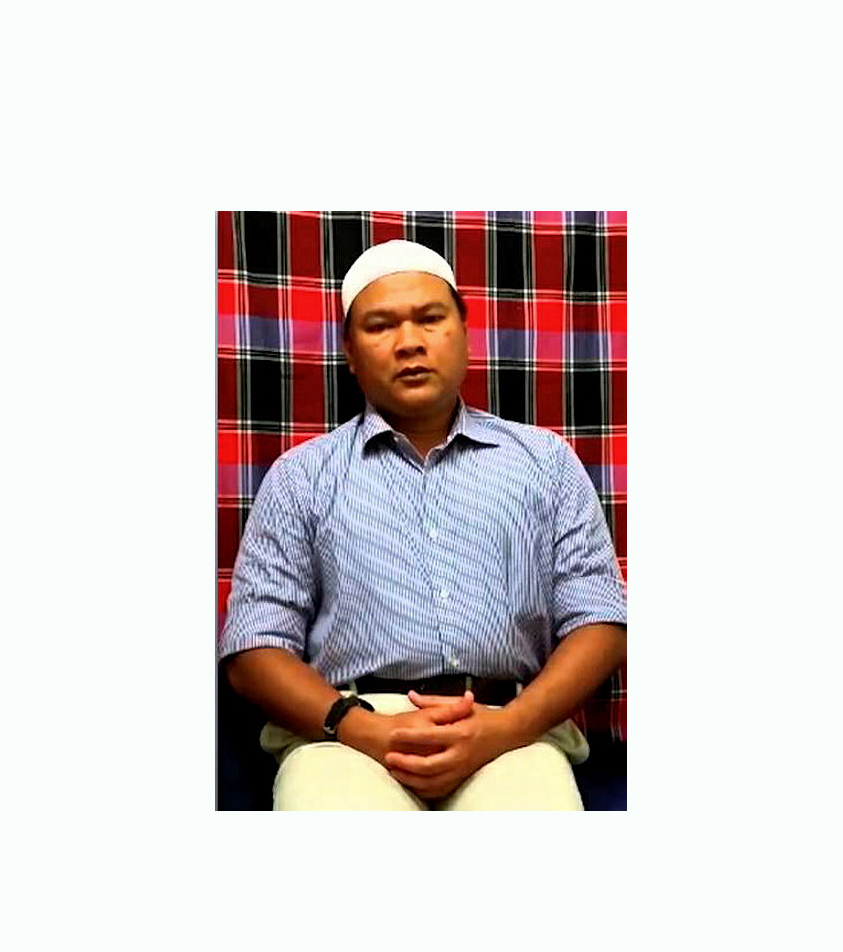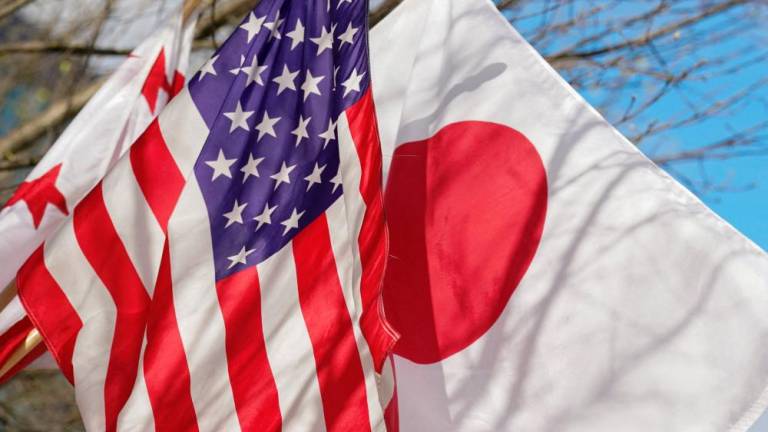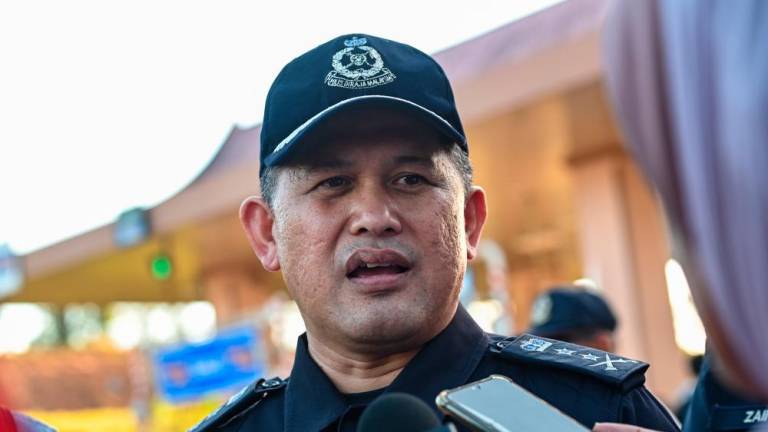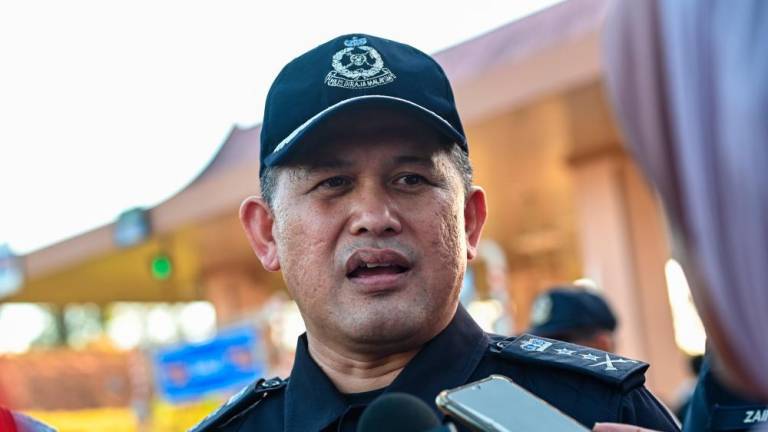PETALING JAYA: Sirul Azhar Umar, who was convicted and sentenced to death for murdering Mongolian national Altantuya Shaariibuu, can be extradited back to Malaysia on the condition that an undertaking is provided that the death penalty will not be carried out.
A spokesperson from the Australian Attorney-General’s Department said today that the Attorney-General must be satisfied that on return to the requesting country, there is no real risk that the death penalty will be carried out upon the person in relation to the offence.
“Australia’s Extradition Act does not allow for extradition from Australia where the offence is subject to the death penalty, unless an undertaking is provided that the death penalty will not be imposed or, if imposed, not carried out,“ the spokesperson told Bernama International News Service through an email reply.
Bernama made the query on Sirul’s fate after it was reported by an Australian news portal that his political asylum bid was rejected by an Australian court on Monday.
The spokesperson also added that as a matter of long-standing practice, the Australian Government does not comment publicly on extradition matters, including whether it has received an extradition request, until the person is arrested or brought before a court pursuant to the request.
Bernama reported in August last year that the then Australian Minister of Foreign Affairs, Julie Bishop, said that Australia had yet to receive any application from Malaysia seeking the extradition of the convicted policeman who has sought refuge in that country.
Sirul and Azilah Hadri were convicted by the High Court in 2009 of killing Altantuya in 2006.
They succeeded in overturning their conviction at the Court of Appeal in 2013, but the Federal Court in 2015 restored their conviction and sentenced them to death.
Sirul fled to Australia before the final verdict. The Federal Court later issued a warrant of arrest for him.
Sirul, who was sentenced to death for the murder, is being held in an immigration detention centre in Australia.
Meanwhile, in October last year, the Malaysian Cabinet has decided to abolish the mandatory death penalty for all offences.
Following the decision, all death sentences have been stayed until the abolition of the death penalty comes into effect.
The Cabinet had also considered the proposed imposition of a 30-year minimum jail sentence if the mandatory death penalty is abolished, and will make a decision on the tabling in Parliament of the proposal to abolish the death penalty before the Dewan Rakyat convenes next month.













